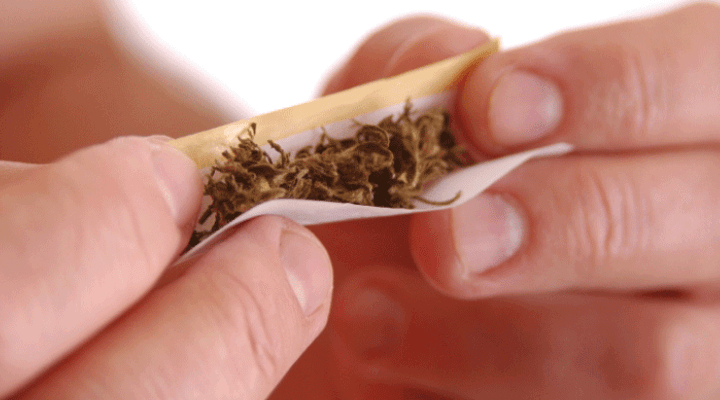Few topics generate more questions on the security clearance site than drug use. As more states ‘legalize’ the recreational use of marijuana, it becomes an issue for young people who may have grown up seeing marijuana as something legal – when, in fact, any usage still constitutes a violation of federal law, and a red flag on your security clearance application.
In these instances, it’s helpful for applicants to consider both the quantity, and recency, of their usage. Kimberley Berlin, a licensed clinical social worker and substance abuse counselor, notes she often comes across applicants who are denied a security clearance due to a high rate of usage reported on their SF86. After undergoing an assessment and interviewing the applicant. Berlin sometimes sees that while the individual was exposed to marijuana upwards of 10 times, their usage may be mere nanograms.
“They run this whole scenario down, and it ends up being literally nanograms. Ten times sounds like a lot but of those 10 times, how much did you actually ingest?” said Berlin.
In addition to the amount of usage, the other issue that often comes up is recency. In those cases, the passage of time truly is key. If you’ve used any illegal substance within the past year, you will have difficulty obtaining a security clearance.
“Sometimes, if you’ve had an issue, and you’re within the limit of 18 months, give it another year” said Berlin. “The industry standard of continued abstinence and the probability of continued abstinence is 18 months minimum to 24 months, minimum. If you can show the government that look, I haven’t used in two years, or three, and not about to now, that’s a very strong statement.”
That said, if you’re going for your dream job or internship and can’t wait – and your usage was incredibly limited (perhaps a single use in a state with a ‘legal’ marijuana policy, you may find yourself taking a chance and submitting your application. Just don’t make the mistake of lying about it.
“Honesty is the best policy always, with the government,” said Berlin.
While the nanogram defense is key for some, there are individuals who struggle with drug addiction and dependence. For those individuals, an independent assessment by a professional can be key. Berlin describes how substance abuse counselors are designed to provide a non-judgmental assessment of an individual. If a person needs treatment, there are a variety of options available.
For ongoing drug usage, there are many justifications Berlin sees in her practice – “It’s natural. It’s legal. It’s an herb. It can’t be that bad.”
For individuals who make these claims, Berlin shows them brain scans of individuals with 1-year or 3-years of marijuana use.
“The damage to the brain from excessive use, daily use, or continued use despite consequences is serious,” said Berlin. “And you can see it in the images,” said Berlin. The good news is you can change your brain, but it’s going to take several years with no use, noted Berlin.
“Seeing brain scans, in my experience, is the turning point for them,” noted Berlin.
This is particularly the case for millennials. They may grow up seeing marijuana use as natural, but they also pride themselves on their intelligence – and aren’t willing to risk it.
“This is a generation that really prides themselves on their brain capacity,” said Berlin “They’re smart,” she notes, and that means learning how marijuana will affect your brain is a key step in getting them to give it up.
“Sorry – marijuana is going to definitely affect your brain,” she says – that makes them stop and think.


